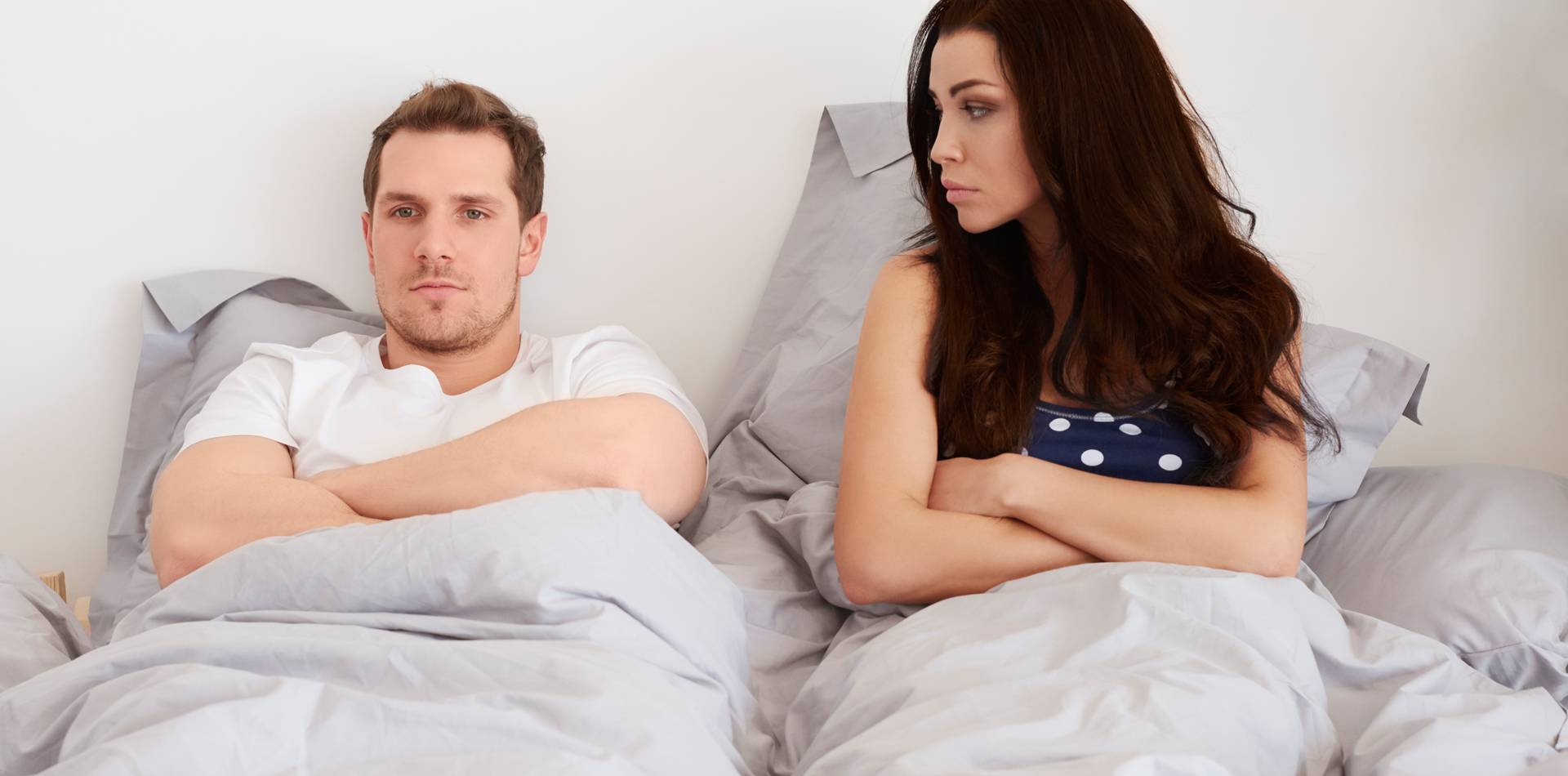Written by the Magali Russell

Table of Contents
ToggleYour libido: explanation. The menstrual cycle is synonymous with hormonal changes. Hormones are the main factor in the rise and fall of your libido. Understanding your cycle allows you to have a fulfilling sex life and a controlled libido, and also to understand the most fertile periods in your cycle.
If you’re anything like me, you’ve heard random reports that your libido correlates with your menstrual cycle. I’ve always wanted to know exactly how this happens and what happens every 28 days in my cycle, so I decided to investigate.
The menstrual cycle corresponds to the various physiological phenomena in the female body to prepare it for possible fertilisation. The cycle is regulated by hormones. With an average duration of 28 days, the first day corresponds to the first day of bleeding, also known as menstruation.
Menstrual bleeding lasts between 4 and 7 days on average, and is followed by a period of regeneration of the uterus, during which it prepares the ground for potential implantation of a fertilised oocyte.
During this time, the ovaries prepare an oocyte that will be expelled on the day of ovulation. Once it has been expelled, this oocyte will nestle in the fallopian tubes, awaiting a spermatozoon. If fertilisation occurs, the egg will gently descend the Fallopian tubes and implant itself in the uterus. If fertilisation does not occur, it will be expelled during the next period. This whole process is called the “menstrual cycle” or the “female cycle”, and hormones play a key role throughout.
The human body produces hormones continuously. There are happy hormones, sad hormones, but also excitement and pleasure hormones. These are the same hormones that help the menstrual cycle to run smoothly. We’re going to explain how your libido changes thanks to these hormones.
The hormones that affect your libido are called oestrogens, the true hormones of love. Over the course of the month, you’ll notice that your libido increases in proportion to the level of oestrogen.
Are you in a great mood and your libido is on the rise? Say thank you to your hormones. In the first half of the cycle, under the influence of oestrogen, the mood is lighter, decisions are easier to make and sleep is peaceful.
Around day 14 (for an average 28-day cycle), oestrogen reaches its peak and luteinising hormone (LH) triggers ovulation. Your libido is at its peak. The follicle will hatch and the egg can be released: a process we call ovulation. This is the time of the month when you are most fertile and also when your libido is at its highest.
After ovulation, oestrogen levels drop considerably and are replaced by another hormone, progesterone. Its mission: to soften the uterine lining, store water and valuable nutrients such as sugar, proteins, vitamins and antibodies. As a result, you’ll notice that your mood and libido are a little lower.
You can monitor your LH hormone levels using ovulation tests. This will help you understand your most fertile period and also your libido. These tests help you to know the day of ovulation, which corresponds to the peak of the luteinising hormone (LH) that triggers ovulation. The test shows a small line that becomes darker and darker when the hormone is more and more present, so when you ovulate and your libido is at its peak. This is a great help to couples who are trying to have a baby, to determine the most fertile time to have sexual relations.
Taking certain medicines and hormonal contraception can also have an effect on libido and mood. So it’s important to find out about the side effects of the medicines you’re taking. Ask your doctor for advice if necessary.
A few days before ovulation, when your ovaries are preparing to expel the egg, your oestrogen levels rise considerably. This is probably the period when you feel your libido increasing, and it’s also the most fertile period of the cycle. So it’s around the 14th day after the start of your period that you’re most likely to conceive, so your body is sending you signals: with the rise in oestrogen levels, your body is preparing to conceive a child and that’s when your libido is at its highest.
Don’t hesitate to seek professional advice and don’t forget that communication is the key to fulfilling a relationship. You’re not the only one to experience these changes in libido; your partner is subject to them too. Finally, it’s important to remember that even outside the periods of fertility and ovulation, your body produces oestrogen in smaller quantities. Although your libido is increased around ovulation, you can still experience pleasure throughout your cycle.
CHF 55.90 Original price was: CHF 55.90.CHF 53.10Current price is: CHF 53.10.
CHF 44.90 Original price was: CHF 44.90.CHF 42.65Current price is: CHF 42.65.
Table of Contents
ToggleAcheter les produits de cet article

I am Magali Russell, the founder of Plusbaby. With over 15 years of experience in research and development, I created and led a preclinical research organisation that conducted rigorous scientific studies on numerous products.The moving stories of women and couples struggling with infertility left a lasting impression on me. This is how I found my calling in life: helping others become parents by offering them genuine support.
Convinced of the benefits of natural products, I created Plusbaby: vegan dietary supplements, developed in Switzerland, combining proven science and pure, premium, additive-free ingredients to boost fertility naturally.
Continue reading
How Pregnancy Affects Your Menstrual Cycle and What Changes to Expect
